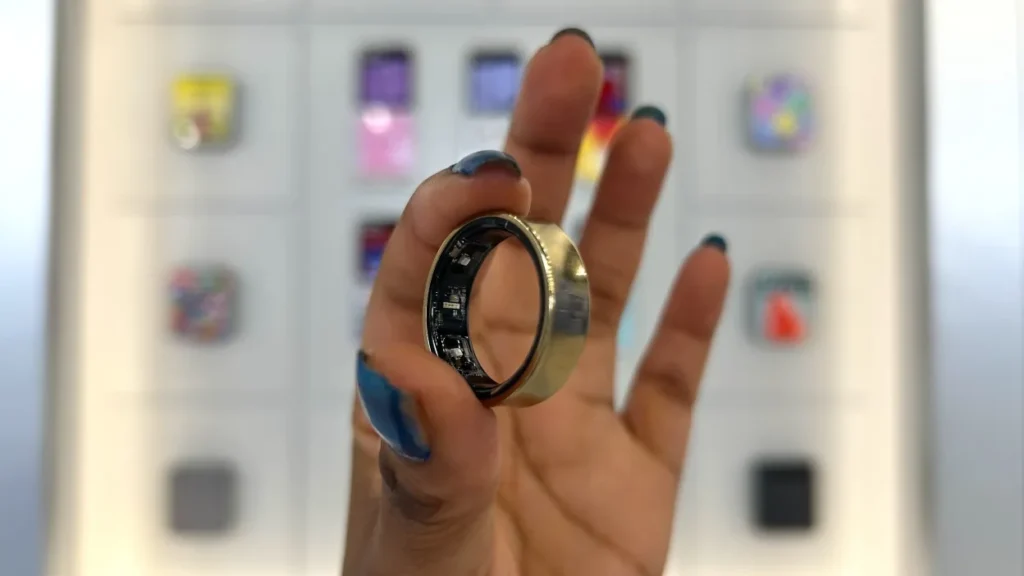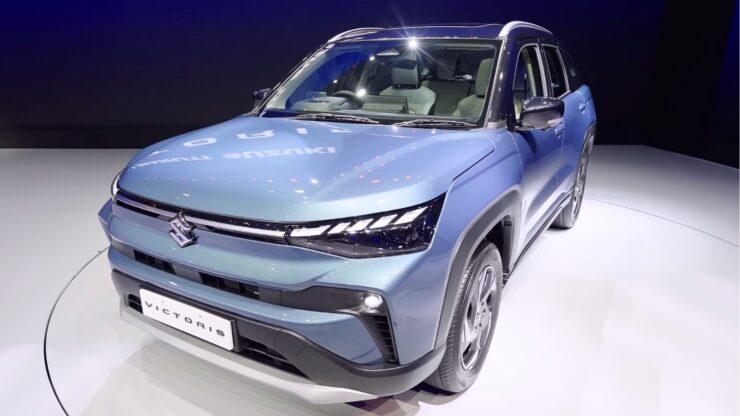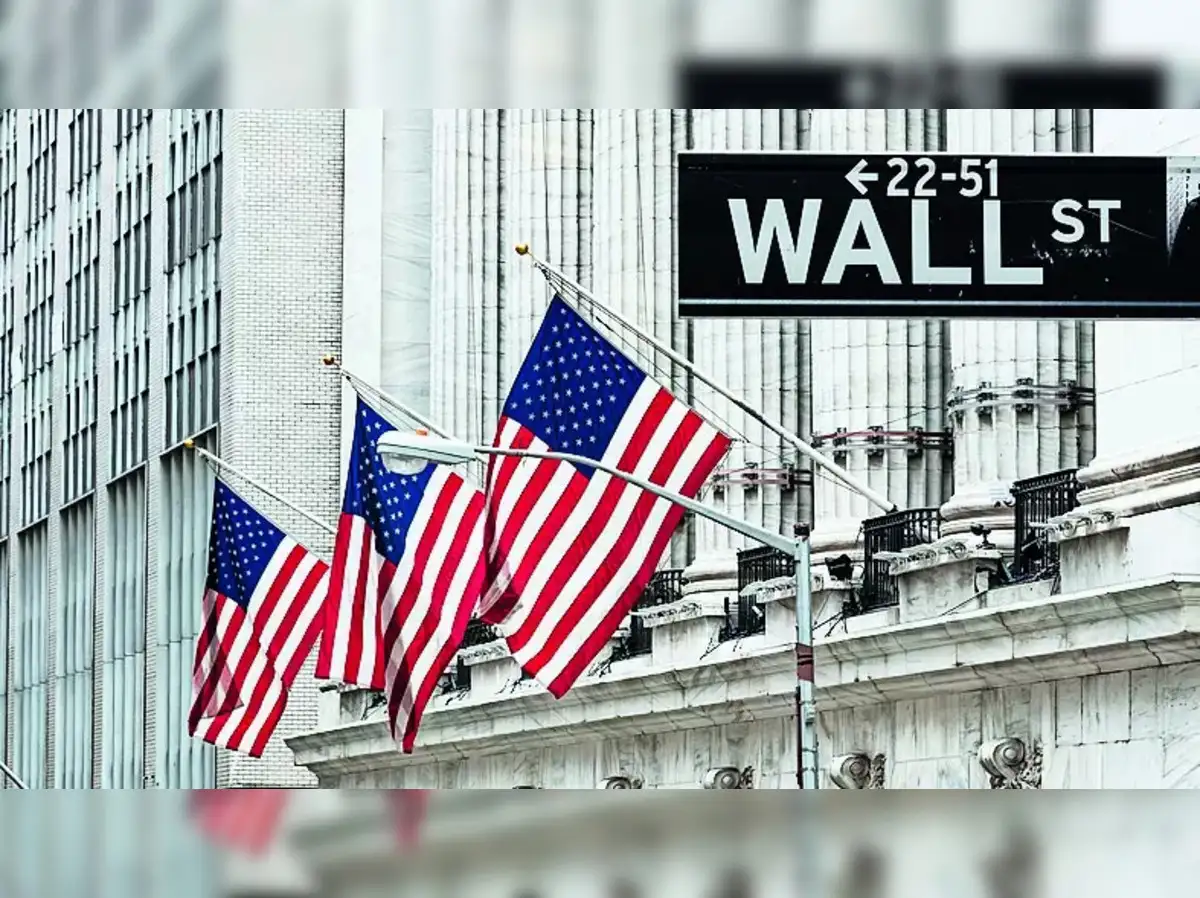Now Reading: Tesla Held Liable in Fatal Autopilot Crash, Jury Awards $329 Million in Landmark Verdict
-
01
Tesla Held Liable in Fatal Autopilot Crash, Jury Awards $329 Million in Landmark Verdict
Tesla Held Liable in Fatal Autopilot Crash, Jury Awards $329 Million in Landmark Verdict

A Miami jury has held Tesla responsible for a fatal crash involving its Autopilot feature, awarding $329 million in damages to the victim’s family. The ruling has stirred major global attention, reigniting questions about the safety of autonomous driving technologies and the accountability of companies behind them.
The Case and the Verdict
The case stemmed from a tragic 2019 accident in Florida where a Tesla vehicle, reportedly running on Autopilot, crashed and killed a woman named Etan Barouk. Her family argued that the self-driving system was defective and contributed directly to the fatal collision.
After reviewing evidence and testimonies, the jury sided with the family, stating that Tesla’s Autopilot system failed to function as promised. The $329 million awarded includes compensation for both economic and emotional damages. It’s one of the highest-ever jury awards in a case involving autonomous vehicle technology.
Tesla’s Stance and the Broader Debate
Tesla has consistently maintained that its Autopilot system is meant to assist drivers, not replace them. The company has argued that drivers are expected to remain attentive and ready to take control at all times. In previous incidents, Tesla has often blamed driver inattention rather than system flaws.
However, critics argue that the branding and marketing of “Autopilot” create a false sense of full autonomy, misleading users into over-trusting the system. This case may further pressure regulators to demand stricter guidelines around how such technologies are tested, labeled, and sold.
Indian Context: Why This Matters Here
While India does not currently allow fully autonomous vehicles on public roads, discussions around future mobility are gaining ground. Several startups and large automakers are working on semi-autonomous systems and driver assistance tech. Urban centres like Pune, Ahmedabad, Jaipur, and Coimbatore are likely to see early trials in the coming years.
The Tesla verdict serves as a warning. It shows what’s at stake when advanced tech is rolled out without clear safety frameworks or public awareness. India, with its complex road conditions and varying driver behavior, needs to tread even more cautiously.
Conclusion
The Tesla Autopilot case isn’t just about one company or one crash. It marks a turning point in the legal and ethical scrutiny of autonomous driving. For countries like India, it’s a timely reminder that technology must be backed by safety, transparency, and regulation. Before we move towards self-driving cars, we need to ensure we’re not steering into avoidable disasters.

























